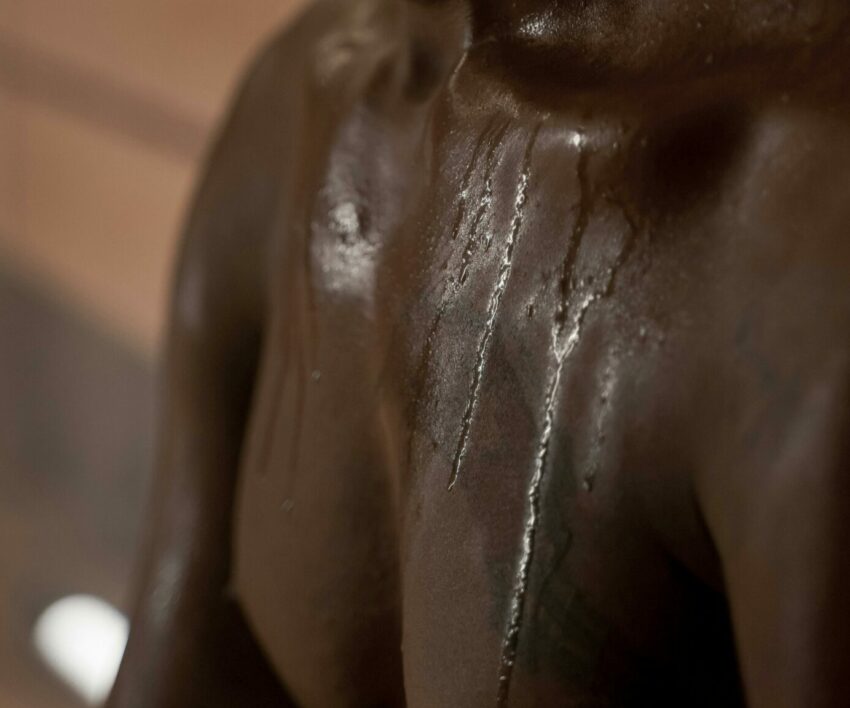
In most circumstances, perspiration is often associated with heat, whereby the body experiences heat from surrounding environments and therefore produces sweat. This also occurs when you have a fever and your body’s temperature is raised above normal, then the body cools itself by releasing sweat.
However, those are not the only times your body gives off sweat, there are situations whereby your body is at normal demoparty or even lower but still perspires, producing what experts call cold sweats.
According to the Health publication, “Cold sweats mean you are cold and sweaty at the same time. This type of sweating is not an actual medical diagnosis but instead can be a symptom of health conditions like infections and heart disease.”
The publication further explains that cold sweats can occur at night or day, with or without a fever. Let us have a look at some of the causes of this condition and treatments thereof.
Stress: The Banner Health publication states that stress and anxiety trigger cold sweats as part of the body’s natural fight-or-flight response, protecting us from dangerous situations. Additionally, it is said that overly anxious individuals release sweat even when feeling cold.
Endocrine disorders: Endocrine disorders, such as hyperthyroidism, can cause increased metabolism, anxiety, heart palpitations, and increased sweating due to the regulation of body temperature, states the Cleveland Clinic. “Cold sweats can be a sign of a rare adrenal gland tumour called pheochromocytoma. This noncancerous tumour causes your body to make too much of the hormone adrenaline, which leads to cold sweats.” It is also mentioned that the hypothalamus, the brain’s main link between the endocrine system and nervous system, plays a crucial role in regulating body temperature and causing sweating.
Heart issues: The above clinic also claims that cold sweats are a sign of coronary artery disease, where plaque builds up in arteries, slowing blood flow to the heart. Internal medicine specialist, Dr Andrei Brateanu emphasises calling the emergency line for cold and sweaty symptoms, even if you’re not having classic chest pain.
Medication: “Research has shown that cold sweats, or excessive sweating in general, can be brought on by taking medications such as cholinesterase inhibitors (medications used for dementia),” states the Prevention publication. It is further mentioned that other medications like selective serotonin reuptake inhibitors, opioids, and tricyclic antidepressants, can also induce cold sweats.
Also see: How to combat breast sweat




